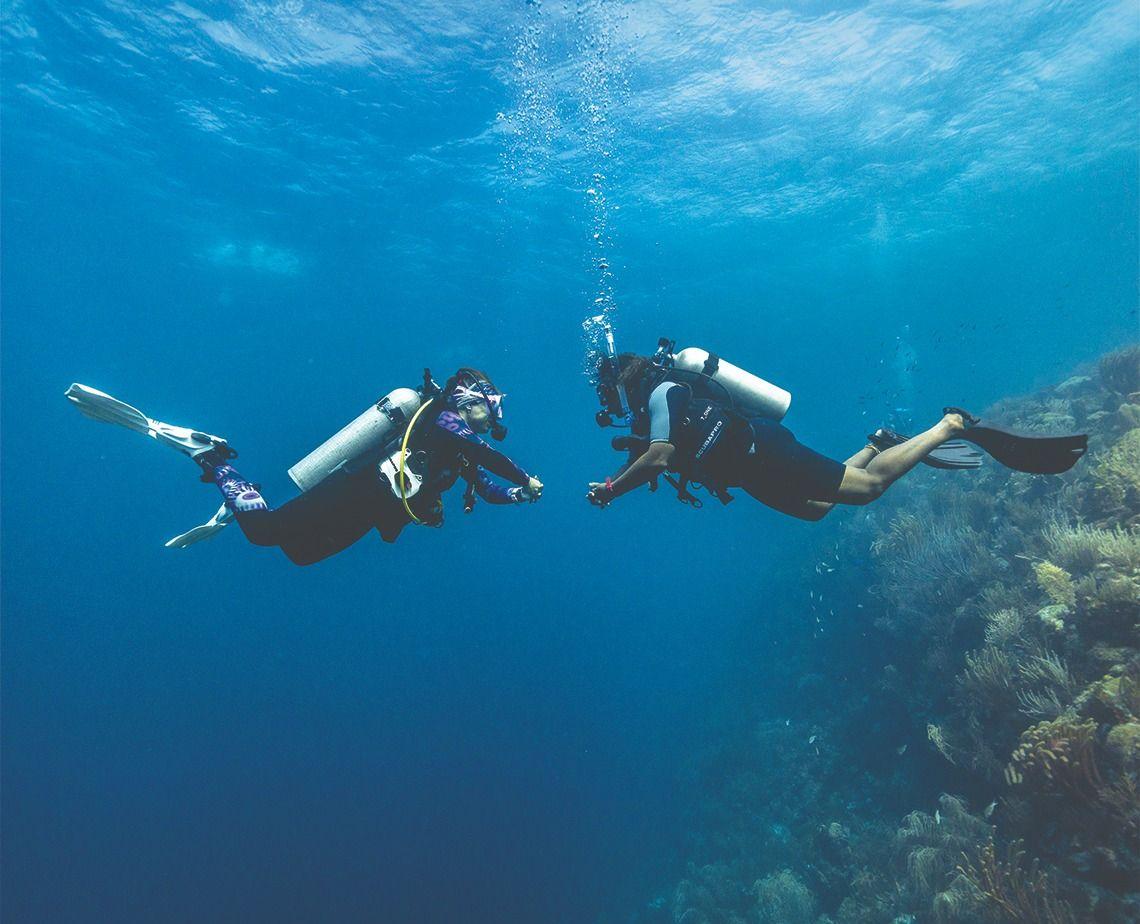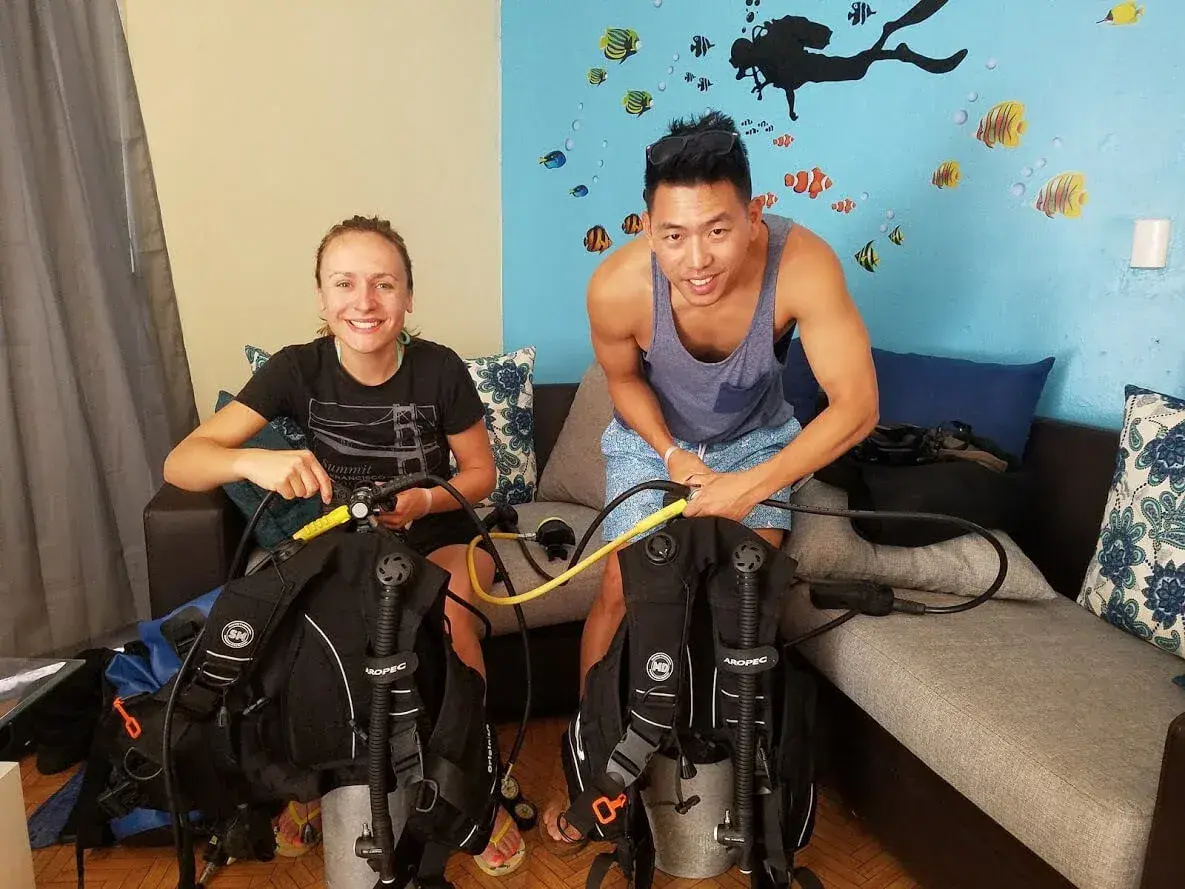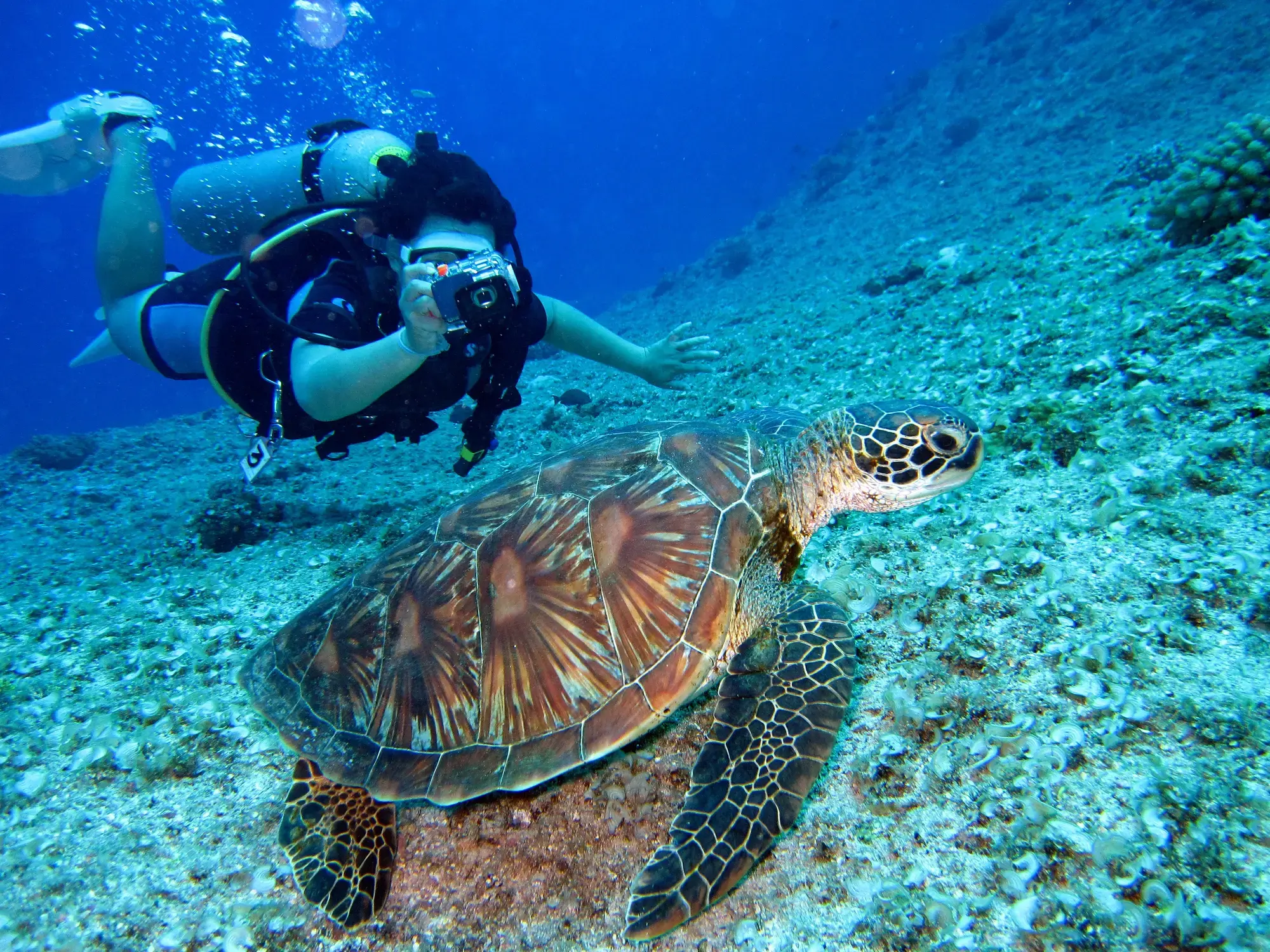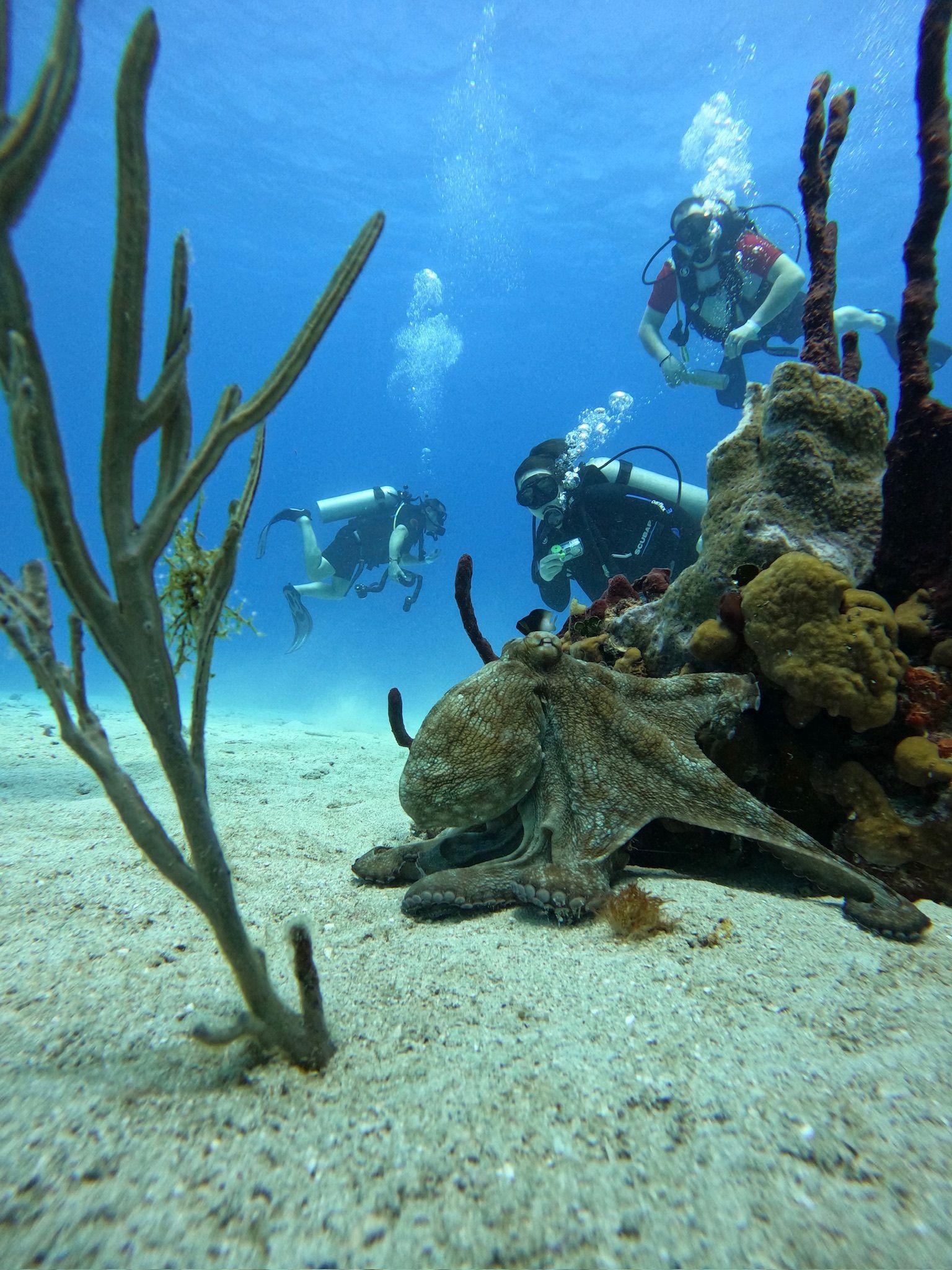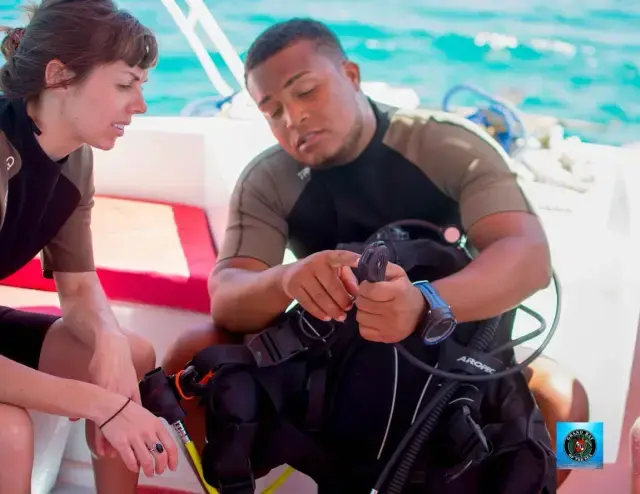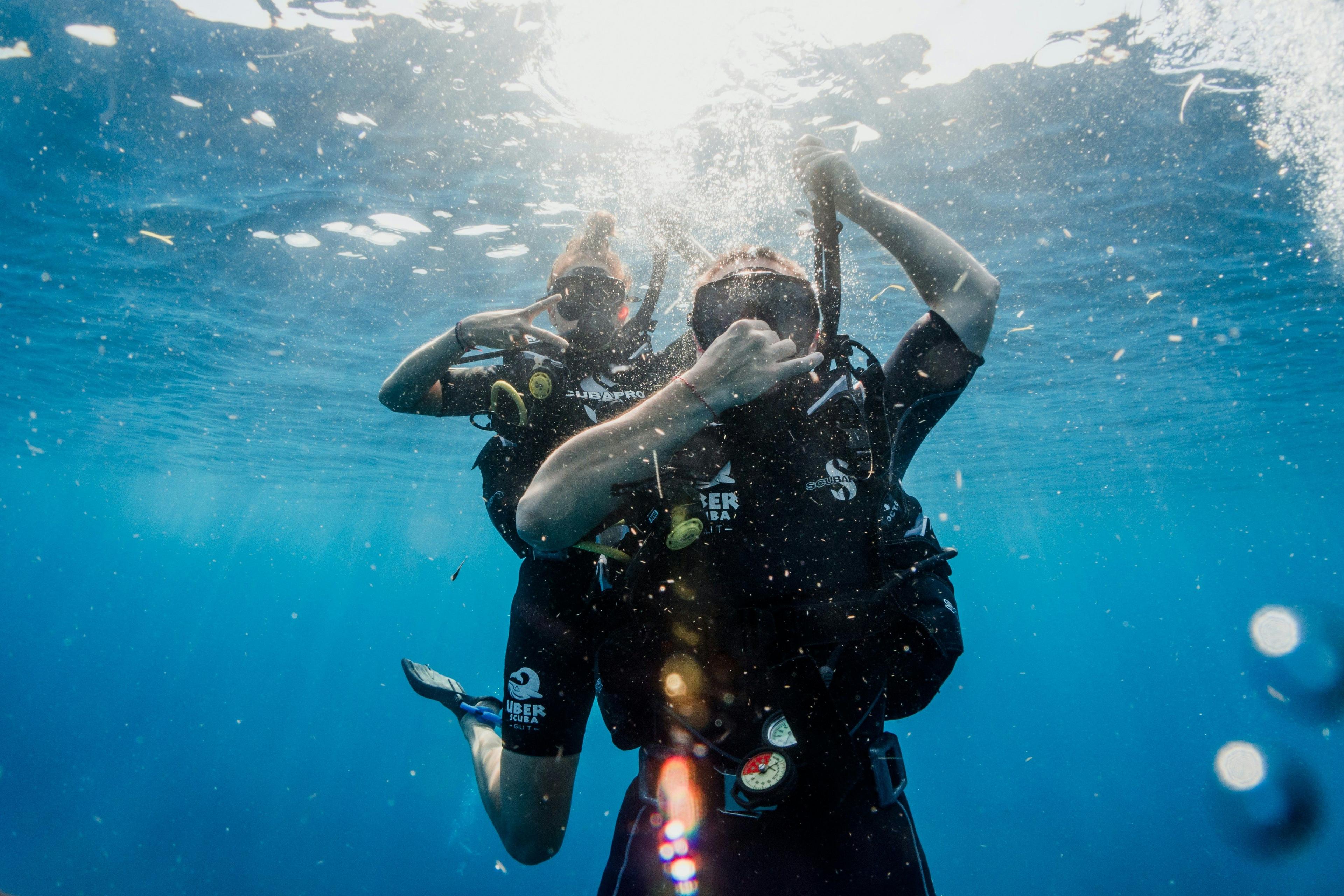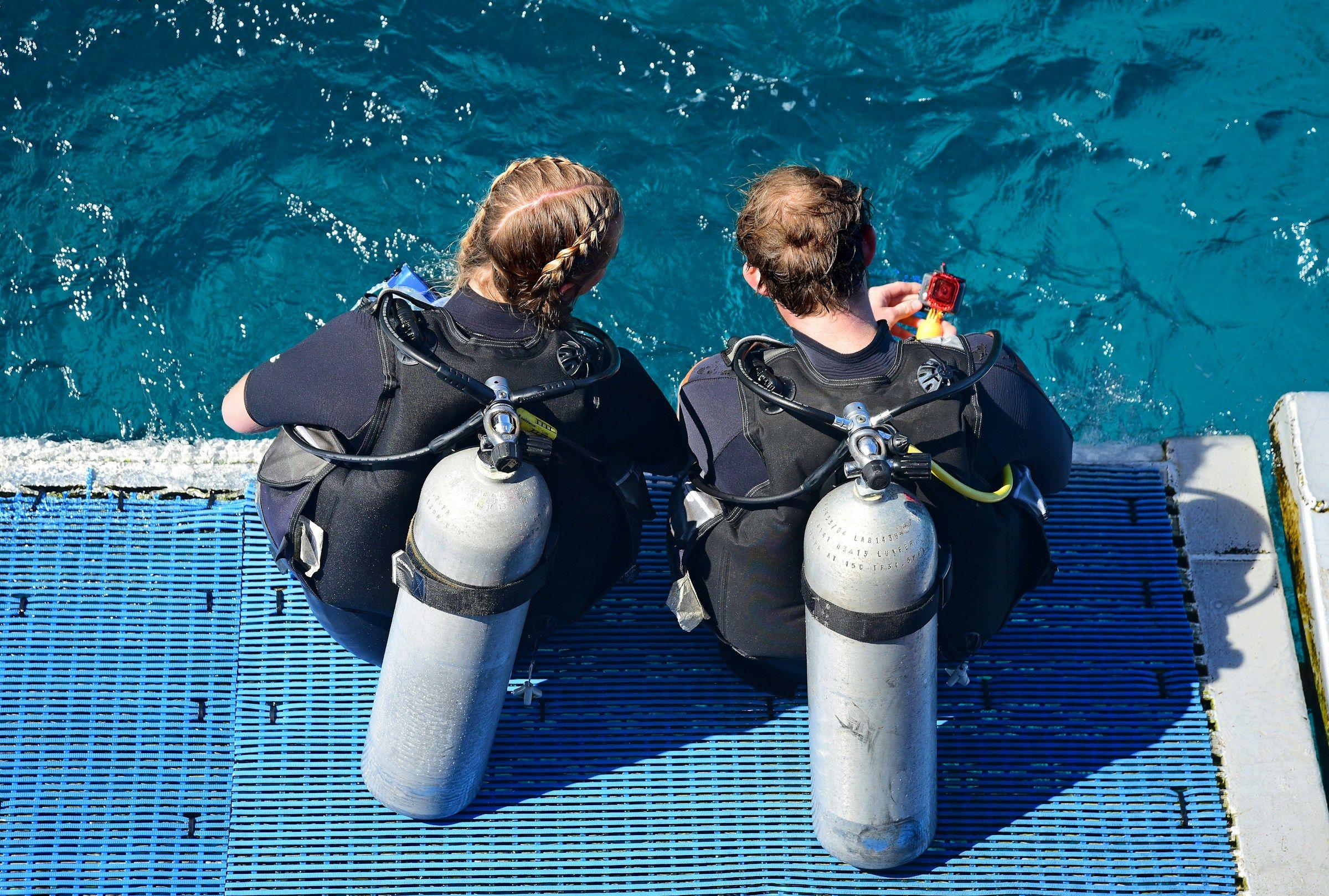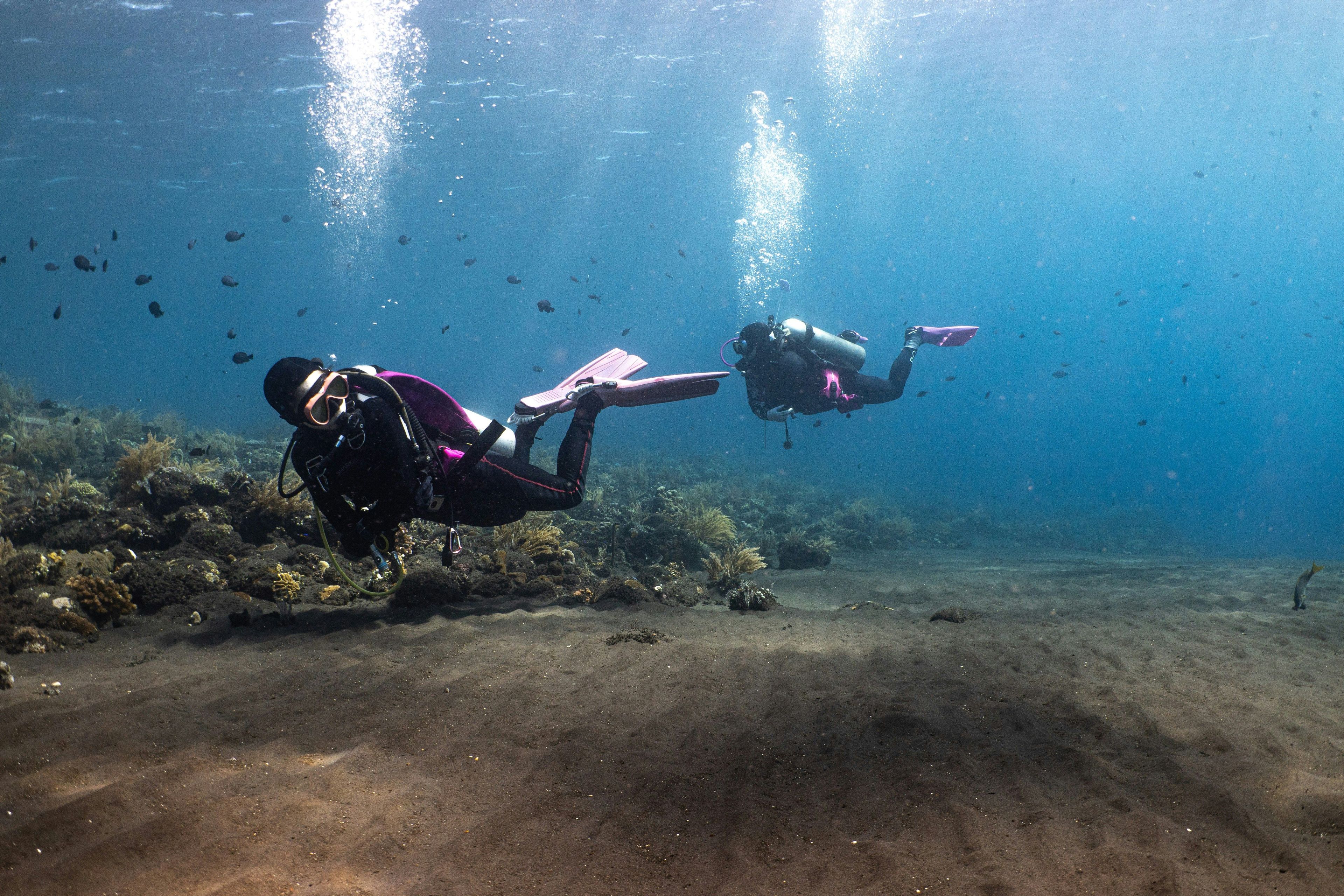
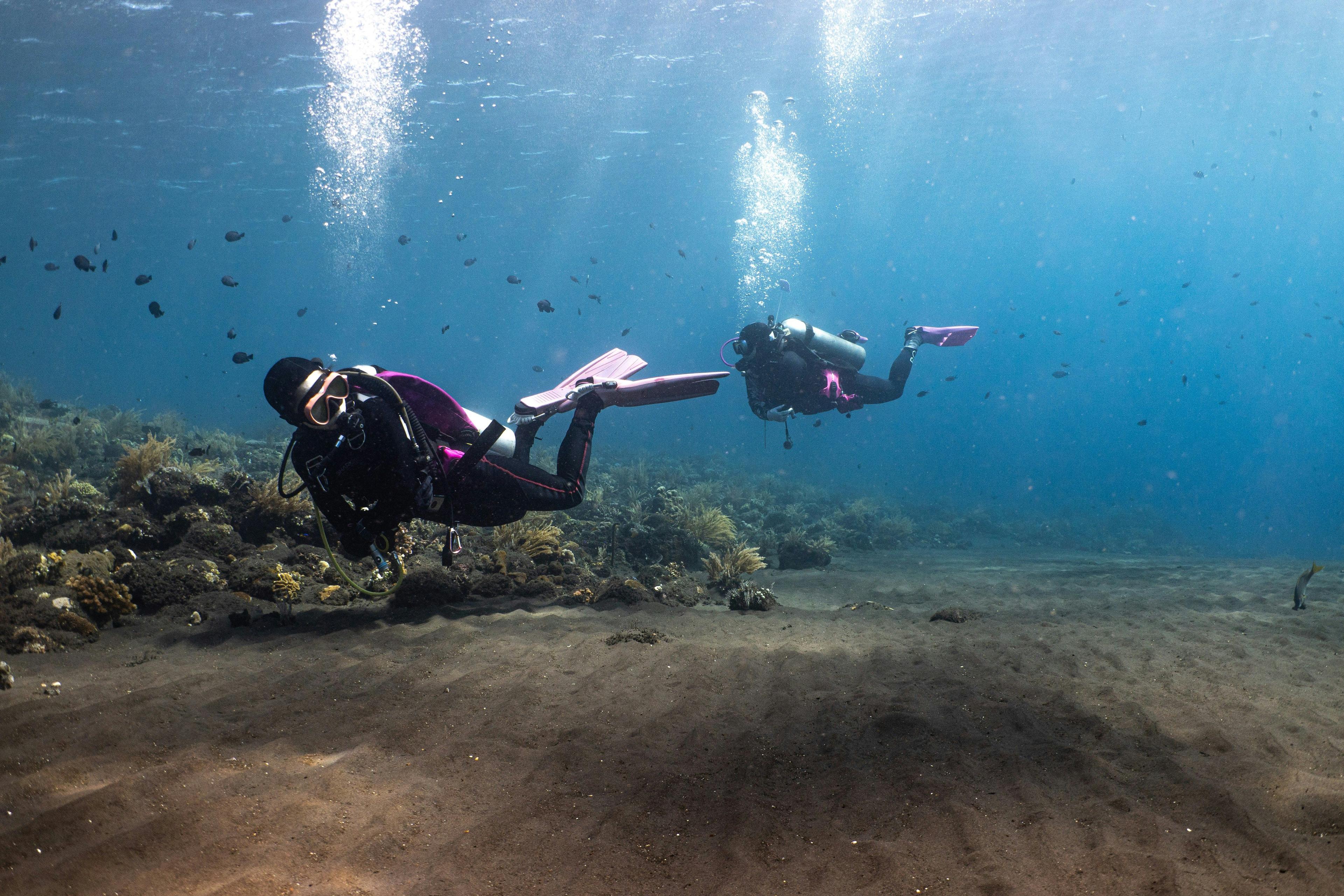
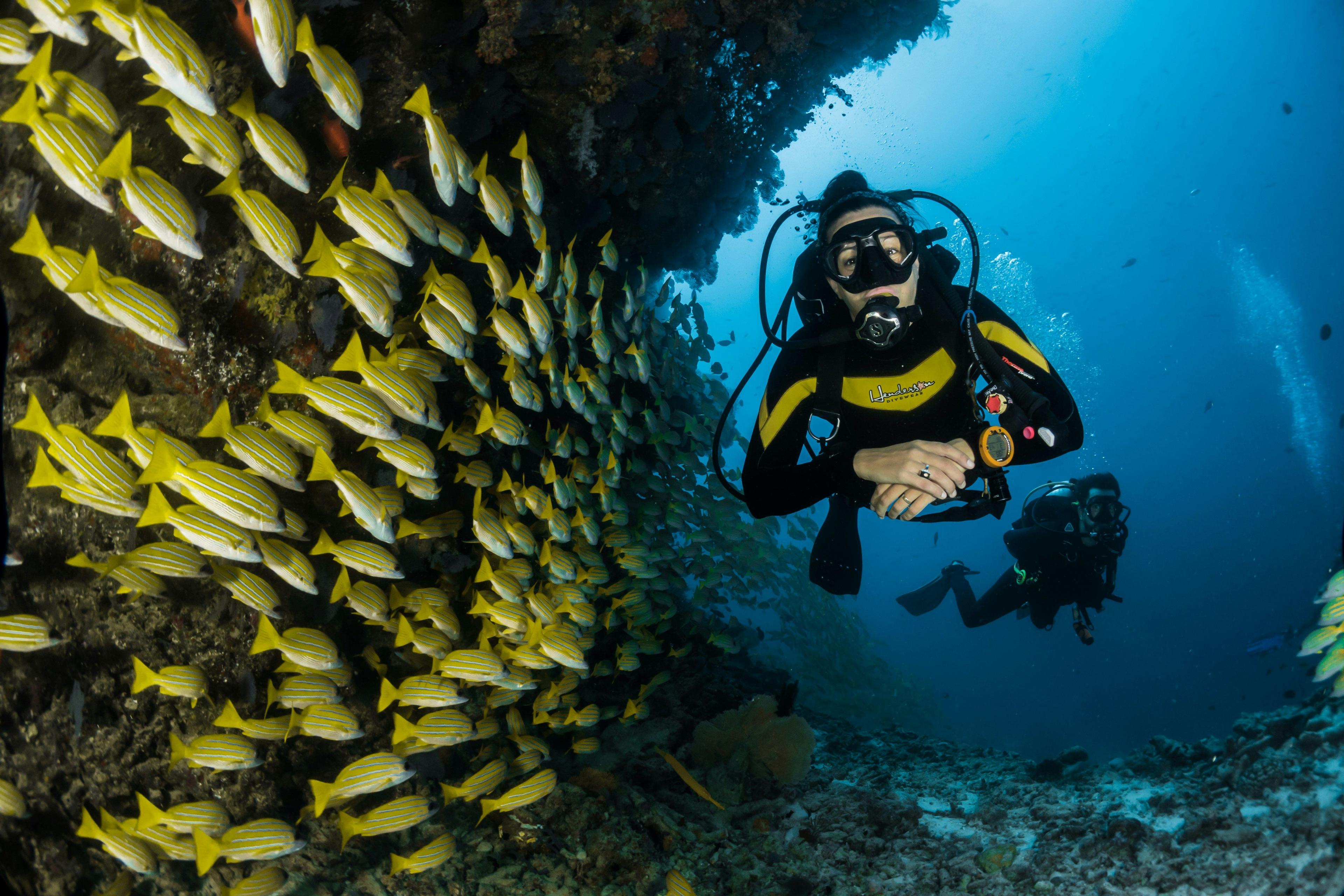
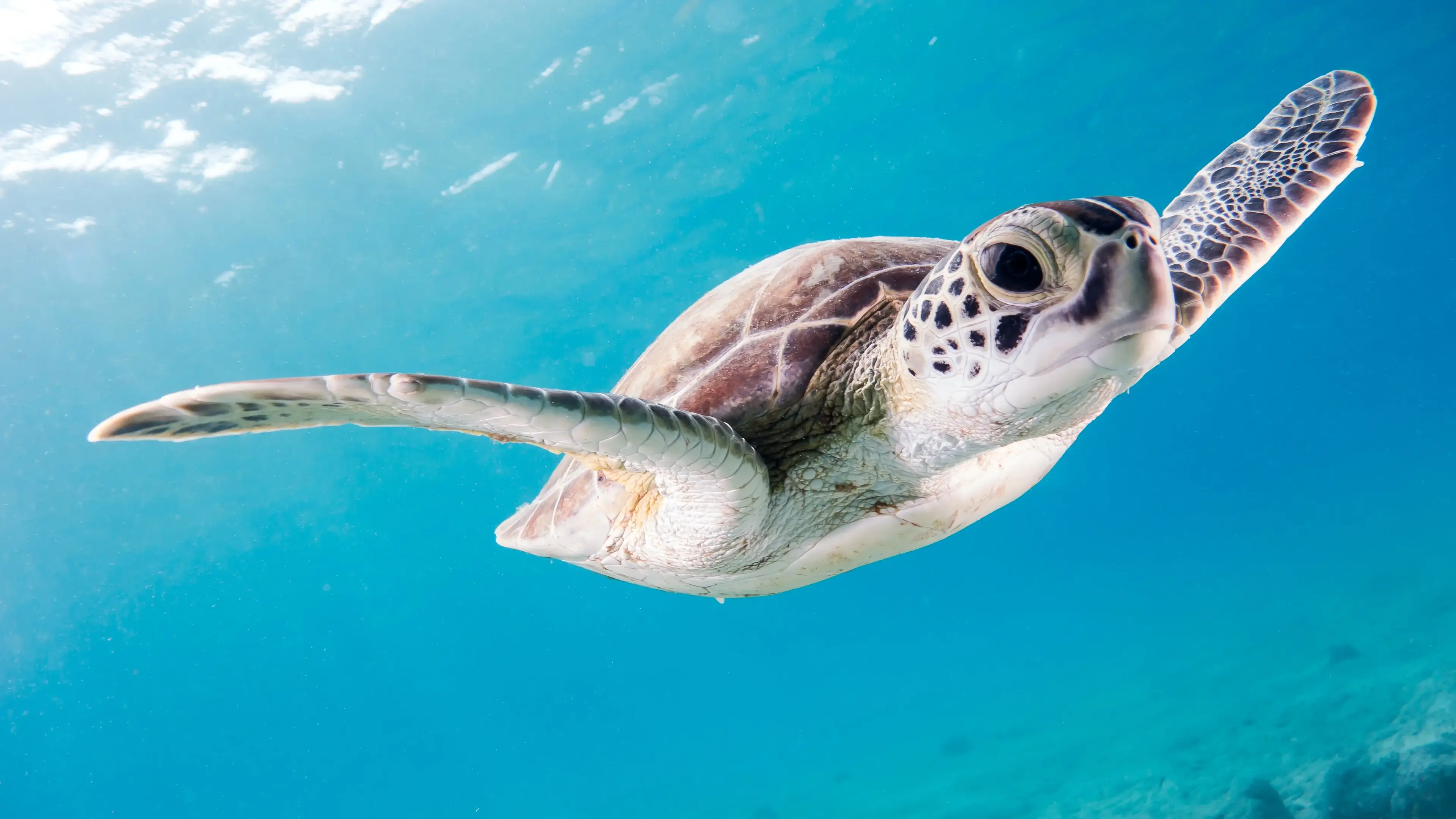
Why Buoyancy Matters More Than You Think
Whether you're new to scuba diving or have a few dives under your belt, one of the most important skills you can master is buoyancy control. It’s what separates a good diver from a great one — and it has a major impact on both your safety and the health of the reef.In Punta Cana, where coral reefs are vibrant and fish life is abundant, maintaining neutral buoyancy is essential to avoid damaging fragile marine ecosystems. Good buoyancy also helps conserve your air, allowing for longer, more relaxed dives.
What Is Neutral Buoyancy?
Neutral buoyancy means you're neither sinking nor floating — you're perfectly suspended in the water. This allows you to move efficiently and maintain control with minimal effort.When you master this skill, you’ll:
- Avoid crashing into coral or stirring up sand
- Improve your trim (body position) for better hydrodynamics
- Use less energy and air
- Get closer to marine life without disturbing it
Tips to Improve Your Buoyancy Skills
- Get Your Weighting Right Many divers wear too much weight. Do a proper weight check with your tank about half full — you should float at eye level when holding a normal breath.
- Practice Finely Tuning Your BCD Make small adjustments. Don’t overinflate or deflate in large bursts. Get used to how much air you need to hover at different depths.
- Use Your Breath Your lungs are a natural buoyancy control device. A deep breath lifts you slightly; exhaling drops you. Learn to fine-tune your depth with breath alone once neutral.
- Perfect Your Trim Keep a horizontal body position with your knees bent and fins up. This reduces drag and improves control.
- Take a Buoyancy Specialty Course At Grand Bay of the Sea, we offer a Peak Performance Buoyancy course designed to help you master these techniques in just a few dives.
Local Insight: Buoyancy in Punta Cana Conditions
In our local dive sites — especially around Cabeza de Toro and the shallow coral gardens — good buoyancy prevents contact with delicate sea fans, sponges, and soft corals. These sites also tend to have light current, making proper trim and movement even more important for enjoyable diving.
Final Thought
Mastering buoyancy is one of the best gifts you can give yourself as a diver. Not only does it make your dives safer and more fun, but it also protects the underwater world we all love.Whether you’re diving with us in Punta Cana or anywhere else, focus on your buoyancy — and you’ll quickly notice the difference in every dive.
